Krasiński Palace
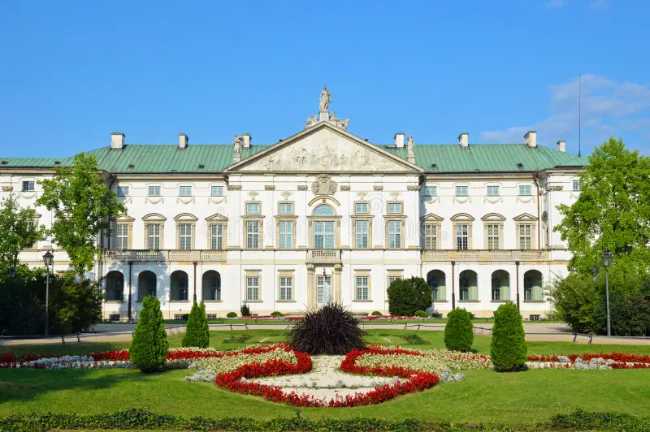
Krasiński Palace in Warsaw is a magnificent example of Baroque architecture and one of the city’s most beautiful historic residences. Built in the late 17th century for the powerful Krasiński family, the palace was designed to reflect their wealth and status, featuring a grand façade, ornate decorations, and a layout inspired by the French style of “cour d'honneur,” with a courtyard in front and formal gardens behind. Over time, it served many roles, including housing the Crown Treasury and later the Supreme Court. Severely damaged during World War II, the palace was rebuilt after the war and today is home to part of the National Library’s special collections, preserving rare manuscripts and historic documents. After a major restoration completed in 2024, sections of the palace opened to the public, offering a glimpse into its splendid interiors and historical treasures. Set against the peaceful backdrop of the Krasiński Garden, the palace provides a quiet and elegant escape in central Warsaw, making it a must-visit for history and architecture lovers.
Warsaw PolandKrasiński Palace, also known as the Palace of the Commonwealth, is a magnificent Baroque palace located at Plac Krasińskich 3/5, 00-207 Warsaw, Poland. It sits on Krasiński Square, a historically significant area in the city's New Town, adjacent to the Old Town. Immediately nearby, you'll find the serene Krasiński Garden, a beautiful park perfect for a leisurely stroll, complete with a picturesque pond. Directly on the square stands the powerful Warsaw Uprising Monument, a moving tribute to the 1944 uprising. A short walk brings you to the Warsaw Barbican and the extensive Old Town Market Place, a UNESCO World Heritage site filled with vibrant historic buildings, charming cafes, and the Museum of Warsaw. Additionally, the Field Cathedral of the Polish Army is very close, as is the Marie Skłodowska-Curie Museum, dedicated to the famed physicist. This location allows visitors to experience both solemn historical reflection and the lively atmosphere of Warsaw's reconstructed historic core.
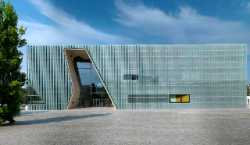 POLIN Museum of the History of Polish Jews
Warsaw
POLIN Museum of the History of Polish Jews
Warsaw
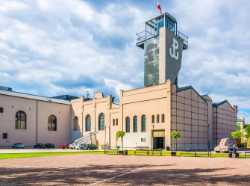 Warsaw Uprising Museum
Warsaw
Warsaw Uprising Museum
Warsaw
 National Museum in Warsaw
Warsaw
National Museum in Warsaw
Warsaw
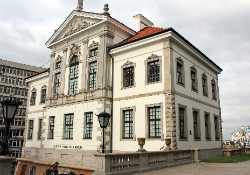 Fryderyk Chopin Museum
Warsaw
Fryderyk Chopin Museum
Warsaw
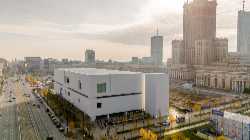 Museum of Modern Art
Warsaw
Museum of Modern Art
Warsaw
 Neon Museum Warsaw
Warsaw
Neon Museum Warsaw
Warsaw
 Museum of Warsaw
Warsaw
Museum of Warsaw
Warsaw
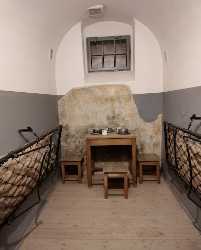 Pawiak Prison Museum
Warsaw
Pawiak Prison Museum
Warsaw
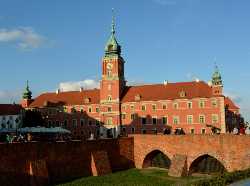 Royal Castle in Warsaw
Warsaw
Royal Castle in Warsaw
Warsaw
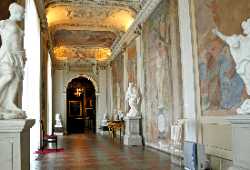 Wilanów Palace
Warsaw
Wilanów Palace
Warsaw
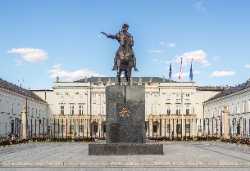 Presidential Palace Warsaw
Warsaw
Presidential Palace Warsaw
Warsaw
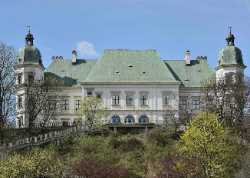 Ujazdów Castle
Warsaw
Ujazdów Castle
Warsaw
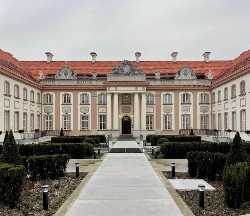 Branicki Palace
Warsaw
Branicki Palace
Warsaw
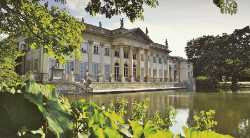 Łazienki Park
Warsaw
Łazienki Park
Warsaw
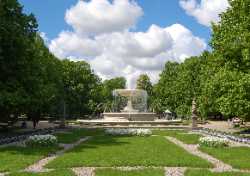 Saxon Garden
Warsaw
Saxon Garden
Warsaw
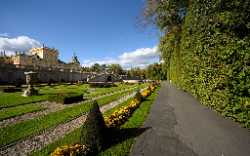 Wilanów Park
Warsaw
Wilanów Park
Warsaw
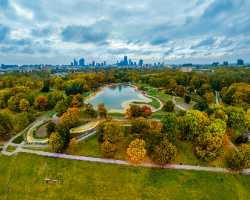 Mokotów Field
Warsaw
Mokotów Field
Warsaw
 Skaryszewski Park
Warsaw
Skaryszewski Park
Warsaw
 Botanical Garden of the University of Warsaw
Warsaw
Botanical Garden of the University of Warsaw
Warsaw
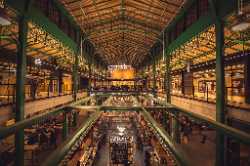 Hala Koszyki
Warsaw
Hala Koszyki
Warsaw
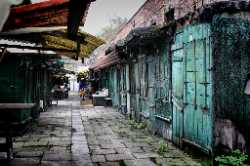 Bazar Różyckiego
Warsaw
Bazar Różyckiego
Warsaw
 BioBazar
Warsaw
BioBazar
Warsaw
 Hala Mirowska
Warsaw
Hala Mirowska
Warsaw
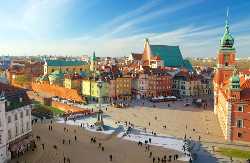 Castle Square
Warsaw
Castle Square
Warsaw
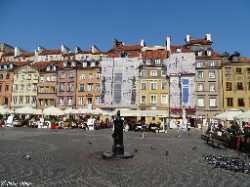 Rynek Starego Miasta
Warsaw
Rynek Starego Miasta
Warsaw
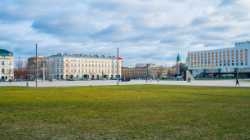 Piłsudski Square
Warsaw
Piłsudski Square
Warsaw
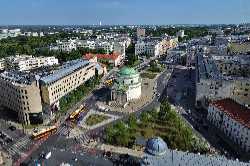 Three Crosses Square
Warsaw
Three Crosses Square
Warsaw
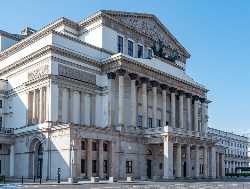 Grand Theatre
Warsaw
Grand Theatre
Warsaw
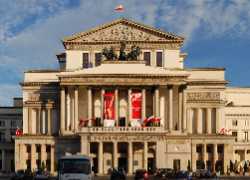 Warsaw National Theatre
Warsaw
Warsaw National Theatre
Warsaw
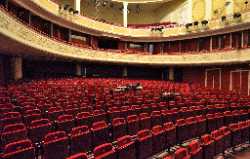 Teatr Polski
Warsaw
Teatr Polski
Warsaw
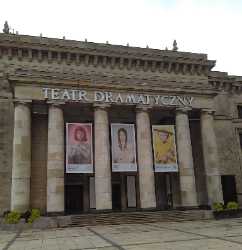 Dramatic Theatre
Warsaw
Dramatic Theatre
Warsaw
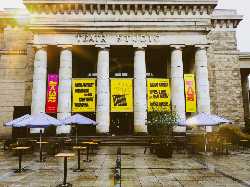 Studio Theatre
Warsaw
Studio Theatre
Warsaw
 Copernicus Science Centre
Warsaw
Copernicus Science Centre
Warsaw
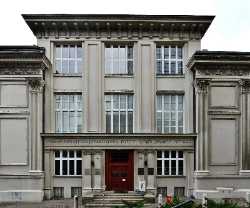 Jewish Historical Institute
Warsaw
Jewish Historical Institute
Warsaw
 Katyń Museum
Warsaw
Katyń Museum
Warsaw
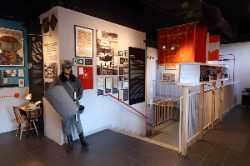 Museum of Life under Communism
Warsaw
Museum of Life under Communism
Warsaw
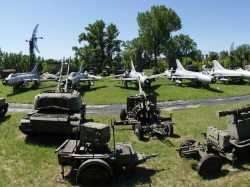 Polish Army Museum
Warsaw
Polish Army Museum
Warsaw
 National Museum of Ethnography
Warsaw
National Museum of Ethnography
Warsaw
 Museum of Caricature
Warsaw
Museum of Caricature
Warsaw
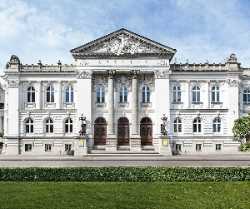 Zacheta
Warsaw
Zacheta
Warsaw
 Legia Warsaw Museum
Warsaw
Legia Warsaw Museum
Warsaw
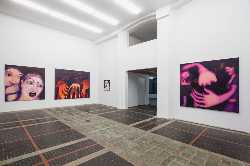 Raster Gallery
Warsaw
Raster Gallery
Warsaw
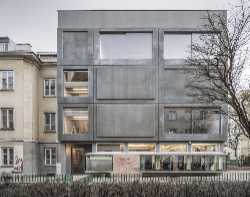 Foksal Gallery
Warsaw
Foksal Gallery
Warsaw
 LETO Gallery
Warsaw
LETO Gallery
Warsaw
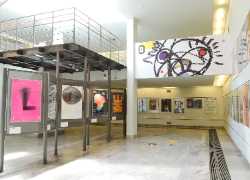 Polish Poster Gallery
Warsaw
Polish Poster Gallery
Warsaw
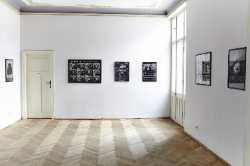 lokal_30
Warsaw
lokal_30
Warsaw
 Monopol Gallery
Warsaw
Monopol Gallery
Warsaw
 Galeria Asymetria
Warsaw
Galeria Asymetria
Warsaw
 Wschód Gallery
Warsaw
Wschód Gallery
Warsaw
 Piktogram Gallery
Warsaw
Piktogram Gallery
Warsaw
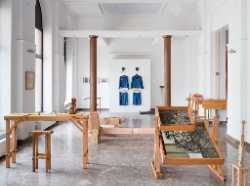 Polana Institute
Warsaw
Polana Institute
Warsaw
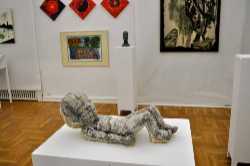 Salon Akademii
Warsaw
Salon Akademii
Warsaw
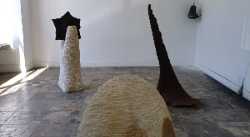 Galeria XX1
Warsaw
Galeria XX1
Warsaw
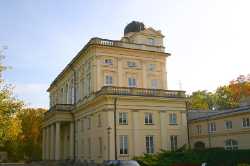 Warsaw University Observatory
Warsaw
Warsaw University Observatory
Warsaw